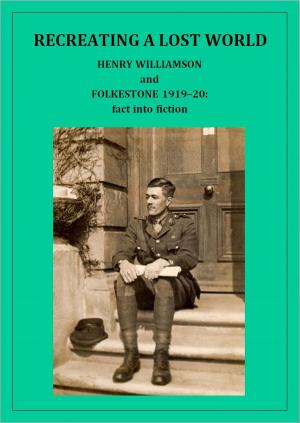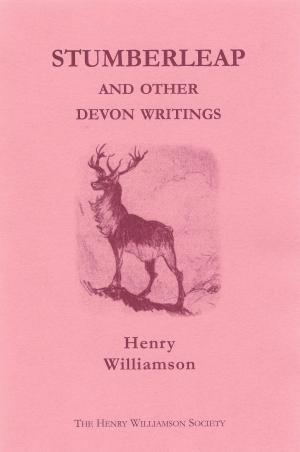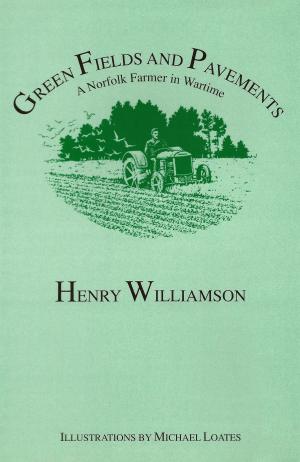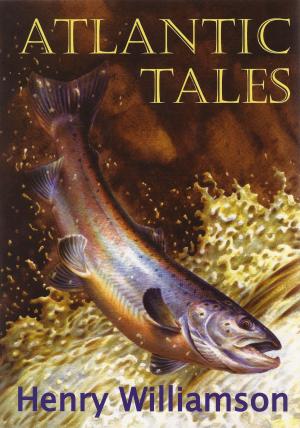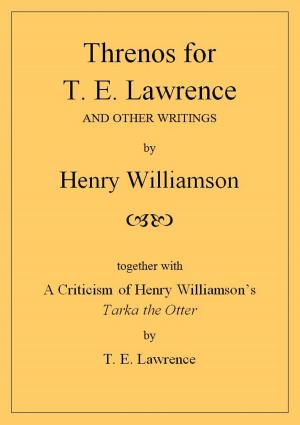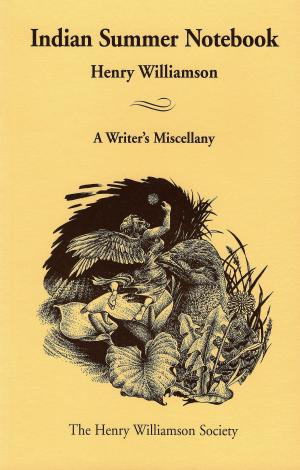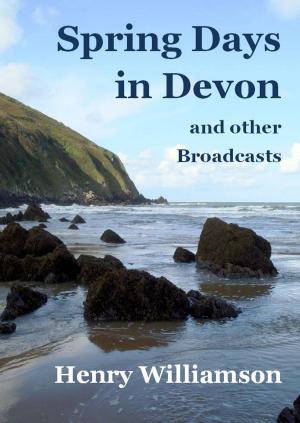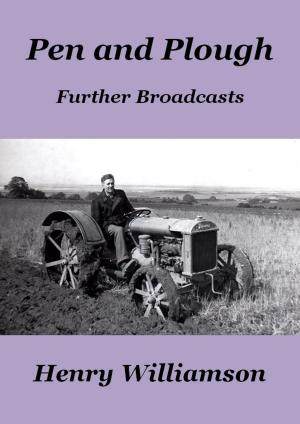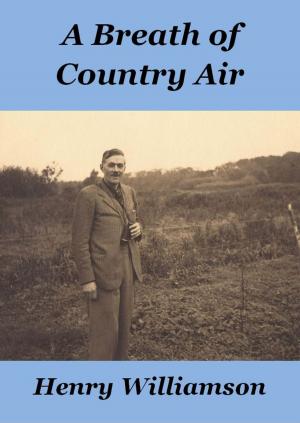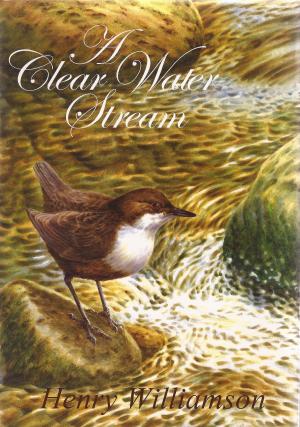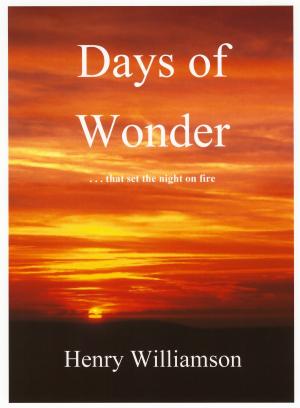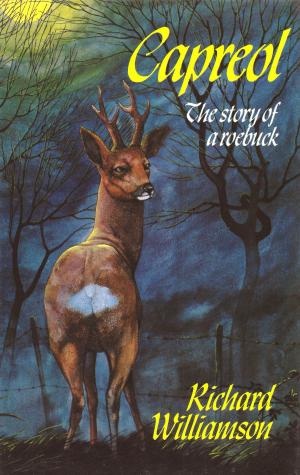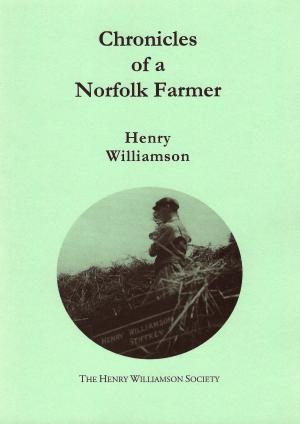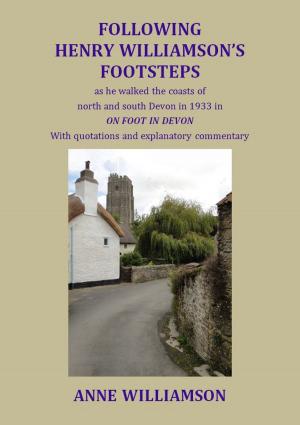Words on the West Wind: Selected Essays from The Adelphi, 1924-1950
Nonfiction, Reference & Language, Language Arts, Writing & Publishing, Authorship, Fiction & Literature, Essays & Letters, Essays| Author: | Henry Williamson | ISBN: | 9781873507490 |
| Publisher: | Henry Williamson | Publication: | June 14, 2013 |
| Imprint: | Smashwords Edition | Language: | English |
| Author: | Henry Williamson |
| ISBN: | 9781873507490 |
| Publisher: | Henry Williamson |
| Publication: | June 14, 2013 |
| Imprint: | Smashwords Edition |
| Language: | English |
The Adelphi was an English literary journal founded by John Middleton Murry and published between 1922 and 1955. Noted contributors included Katherine Mansfield, D. H. Lawrence, H. E Bates, and Henry Williamson. For a brief period – three issues only, beginning with the October-December 1948 issue – Henry Williamson took over the editorship from Middleton Murry, before handing the magazine on to George Godwin. However, Williamson’s first contribution to the magazine was in September 1924, with a short essay (included here), ‘The Doom of the Peregrine Falcon’. Also selected for inclusion are a number of important essays – for example, ‘The Lost Legions’ and ‘Notes of a ‘Prentice Hand’ – together with ‘A Note on Tarka the Otter’ (which includes the original ending to that classic of nature writing) and Williamson’s five editorial pieces which have the overall title of ‘Words on the West Wind’.
The distinguished Cornish poet, Charles Causley, is also represented here, with his ‘Man into Fox’, an insightful essay on the importance to him of Henry Williamson’s writing.
Williamson championed many young writers, and none more so than James Farrar, who served in the RAF during the Second World War and was killed in 1944, aged just 20. A talented writer but unpublished at his death, Farrar left behind poems and prose of a high quality. Williamson published several pieces by Farrar in The Adelphi, which are included here – ‘Hayfield’ and ‘Atlantic Coast’, and other fragments. Williamson both edited and wrote the introduction to the collected works of Farrar, The Unreturning Spring, first published in 1950.
Anne Williamson contributes an introduction to this collection, ‘The West Wind Blows Again’ providing the background to Williamson’s involvement with The Adelphi, while Richard Williamson, Henry’s son, waxes lyrical on ‘That Damned Motorcar’ (HW's temperamental Aston Martin, which plays its part in Williamson’s editorials).
The Adelphi was an English literary journal founded by John Middleton Murry and published between 1922 and 1955. Noted contributors included Katherine Mansfield, D. H. Lawrence, H. E Bates, and Henry Williamson. For a brief period – three issues only, beginning with the October-December 1948 issue – Henry Williamson took over the editorship from Middleton Murry, before handing the magazine on to George Godwin. However, Williamson’s first contribution to the magazine was in September 1924, with a short essay (included here), ‘The Doom of the Peregrine Falcon’. Also selected for inclusion are a number of important essays – for example, ‘The Lost Legions’ and ‘Notes of a ‘Prentice Hand’ – together with ‘A Note on Tarka the Otter’ (which includes the original ending to that classic of nature writing) and Williamson’s five editorial pieces which have the overall title of ‘Words on the West Wind’.
The distinguished Cornish poet, Charles Causley, is also represented here, with his ‘Man into Fox’, an insightful essay on the importance to him of Henry Williamson’s writing.
Williamson championed many young writers, and none more so than James Farrar, who served in the RAF during the Second World War and was killed in 1944, aged just 20. A talented writer but unpublished at his death, Farrar left behind poems and prose of a high quality. Williamson published several pieces by Farrar in The Adelphi, which are included here – ‘Hayfield’ and ‘Atlantic Coast’, and other fragments. Williamson both edited and wrote the introduction to the collected works of Farrar, The Unreturning Spring, first published in 1950.
Anne Williamson contributes an introduction to this collection, ‘The West Wind Blows Again’ providing the background to Williamson’s involvement with The Adelphi, while Richard Williamson, Henry’s son, waxes lyrical on ‘That Damned Motorcar’ (HW's temperamental Aston Martin, which plays its part in Williamson’s editorials).

